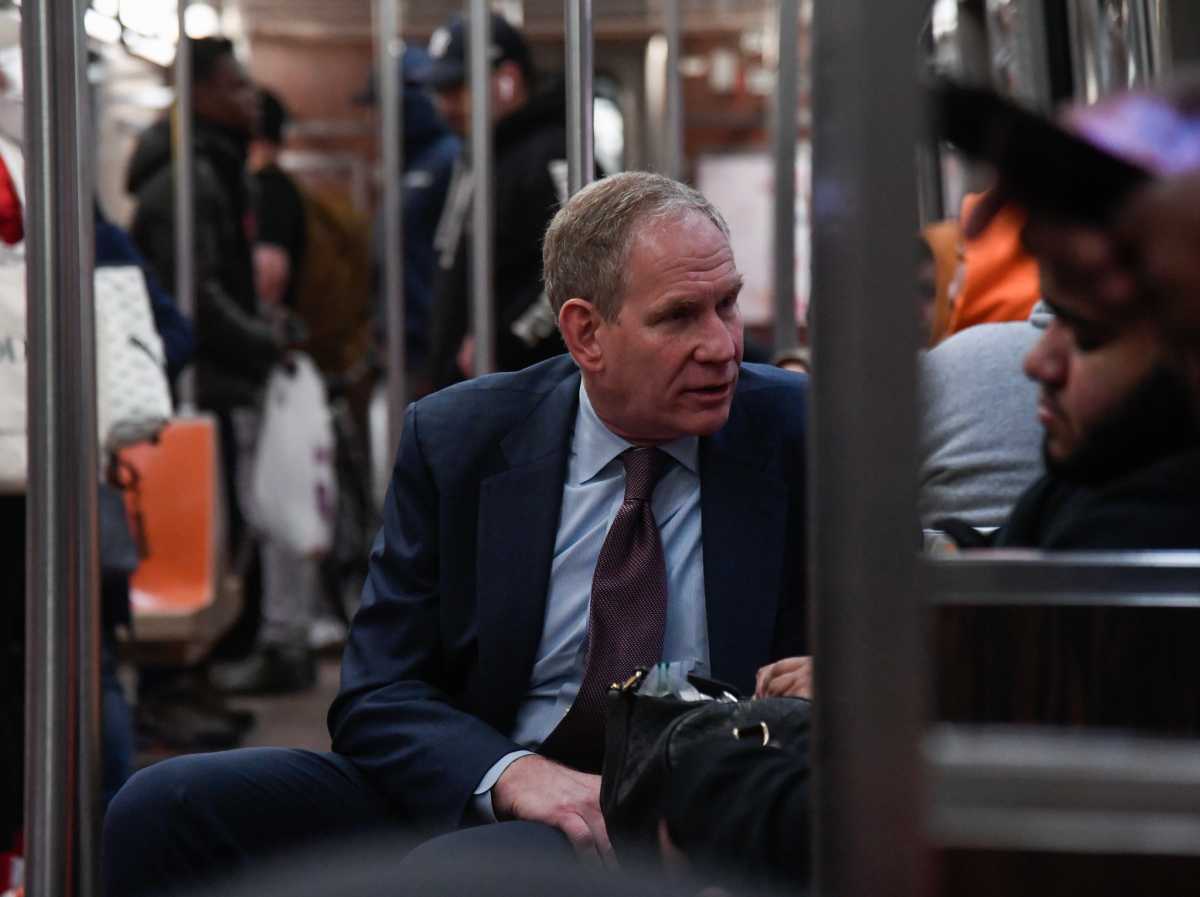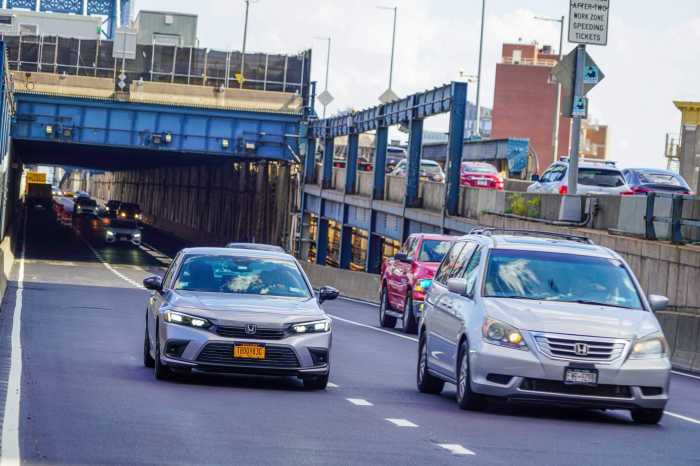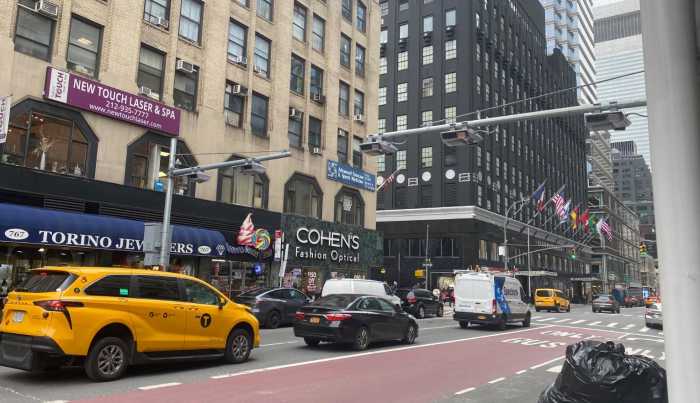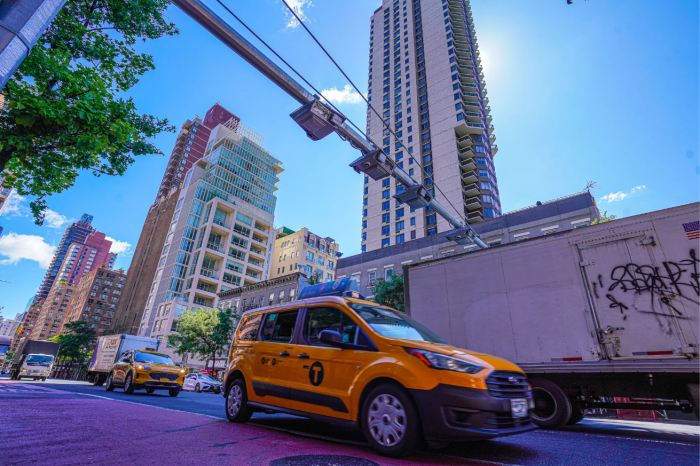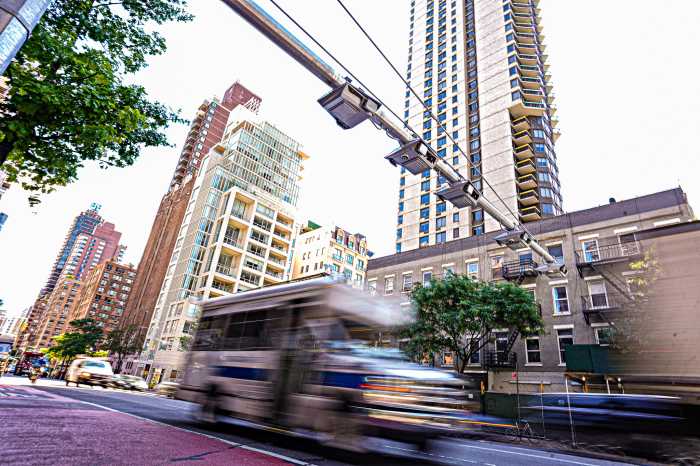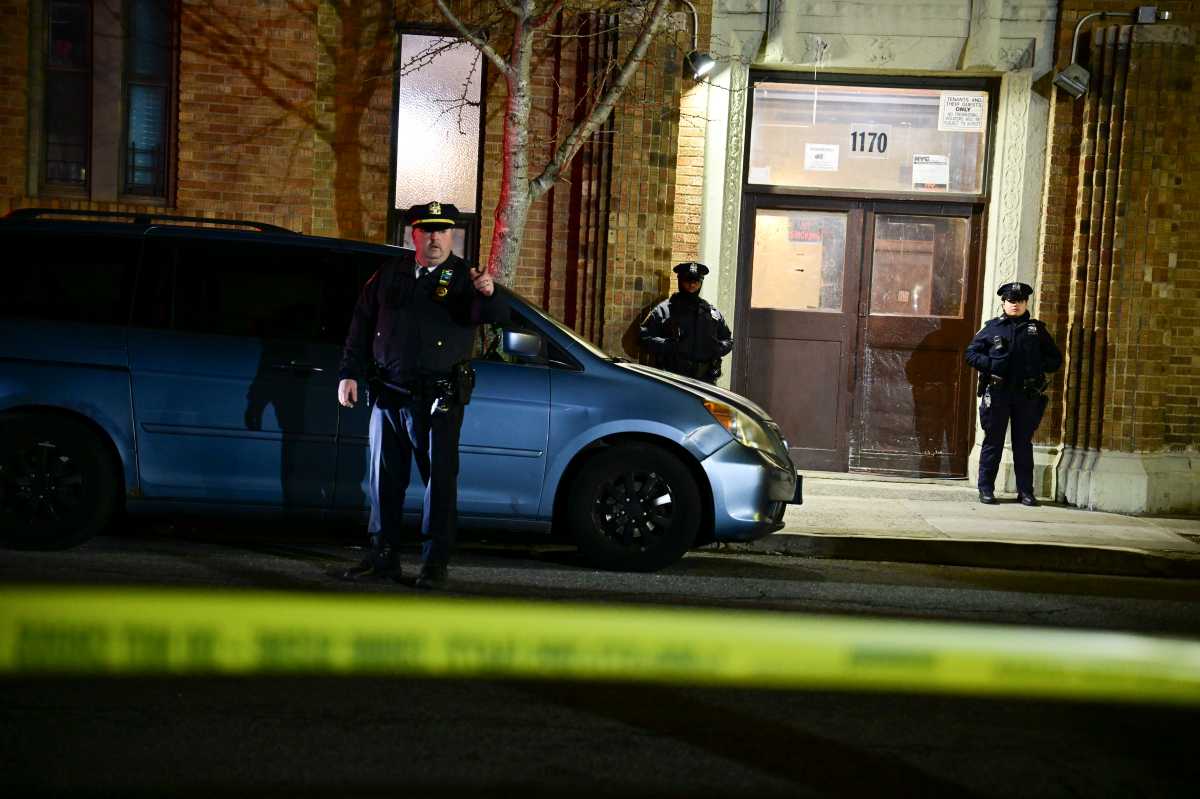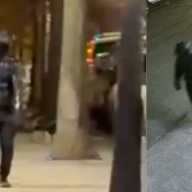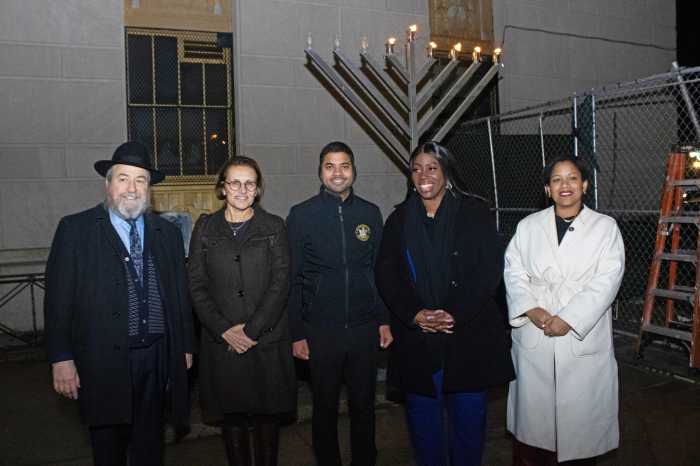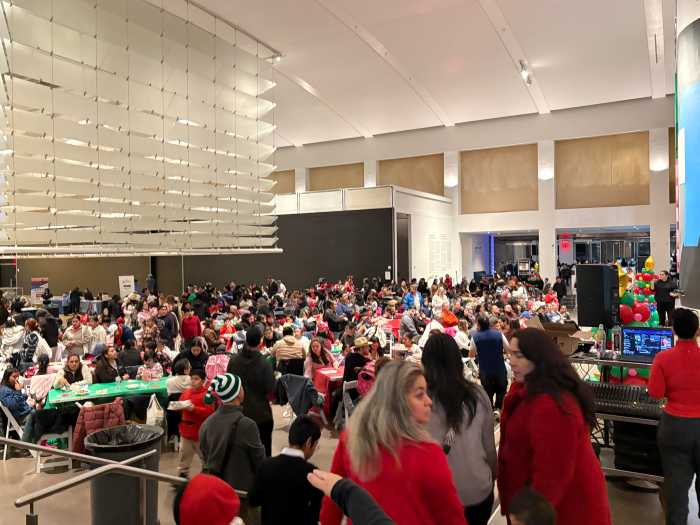MTA Chair and CEO Janno Lieber said Sunday that the transit agency has no “plan B” if a judge rules against its congestion pricing program in one of several lawsuits challenging it.
The agency’s chair and CEO gave the grim forecast during a Sunday interview on ABC 7, where he told anchor Bill Ritter that the MTA will not be able to complete billions of dollars in construction priorities if congestion pricing loses its numerous battles in federal court.
“We don’t have a plan B,” Lieber told Ritter. “And as you pointed out, there’s a lot of money at stake.”
The toll revenues from congestion pricing, which is set to begin June 30, are expected to raise $1 billion per year, which the MTA could then issue bonds against to raise $15 billion for its capital program. On Sunday, Lieber highlighted the agency’s hopes to make more subway stations accessible for people with disabilities, extend the Second Avenue Subway to Harlem, and purchase clean electric buses as priorities in danger of falling to the wayside should judges rule against the MTA.
The MTA is defending against a slew of lawsuits from various parties, including New Jersey, the United Federation of Teachers, the City Council’s Common Sense Caucus, Rockland County, and the town of Hempstead on Long Island. The suits accuse the Federal Highway Administration of allowing the MTA to improperly conduct an abbreviated environmental review for the tolling scheme, a charge denied by the feds and the MTA.
Oral arguments were made in New Jersey’s case last month and are set for this Friday, May 17 for several of the New York cases; rulings are expected before the June 30 start date for the toll.
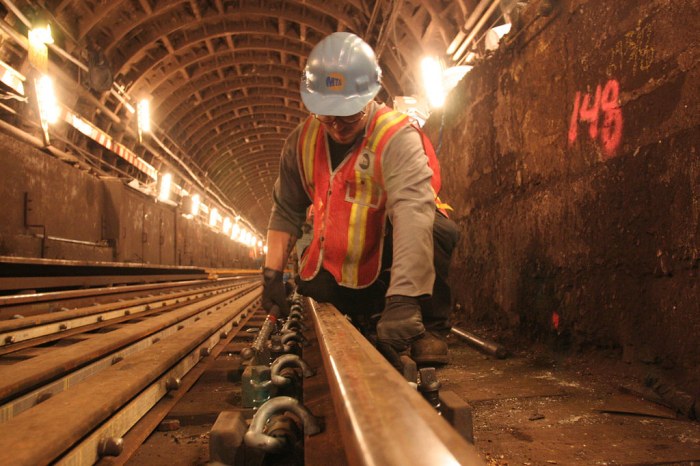
“It is in the hands of the judges who are looking at whether, as I said, the feds gave us an A+ for our environmental review,” said Lieber. “Is the court system gonna second guess that.”
First approved by the State Legislature in 2019, officials originally predicted the program would be up and running by 2021 but faced lengthy bureaucratic delays during the Trump administration. When Joe Biden ascended to the presidency, the Transportation Department allowed the MTA to conduct an environmental assessment, an abbreviated version of a full environmental impact statement.
The MTA contends its review was robust, a 4,000-page behemoth studying the impact of the toll on “every intersection from here to Philadelphia.” New Jersey has contended it was a rushed flim-flam job that didn’t account for outsized traffic impact on Garden State “environmental justice communities.”
Should a judge rule against the MTA, they could either require the agency to perform a new environmental assessment or force it to undertake a lengthier environmental impact statement.
Plaintiffs have also raised arguments about whether the program violates the U.S. Constitution, which could lead to the whole program being overturned. New Jersey has raised arguments based on the interstate commerce clause, though they aren’t currently being considered in court, while Rockland County has said the toll violates the Eighth Amendment prohibition on excessive fines and the Fourteenth Amendment’s equal protection clause.
Because the MTA’s current $51 billion capital plan depends in large part on money from congestion pricing, and funding is now uncertain due to the various lawsuits, the MTA has been unable to award more than $9 billion in construction contracts it previously expected to issue this year.
Those include re-signaling the A/C Fulton Line in Brooklyn and B/D/F/M 6th Avenue Line in Manhattan with modern communications-based train control (CBTC), accessibility work at 18 stations including busy Lexington Avenue-59th Street and Hoyt-Schermerhorn Streets, tunneling and station work for the Second Avenue Subway, and buying more modern R211 subway cars and electric buses.
The congestion toll will charge $15 to most motorists entering Manhattan below 60th Street in peak hours, with a 75% discount overnight. Trucks will pay a larger toll, while cabs and for-hire vehicles will have a surcharge added to fares. The MTA has completed the installation of automated tolling gantries at the central business district’s various ports of entry.
Read more: Fifth Avenue Closure for Celebrate Israel Parade: Guide



